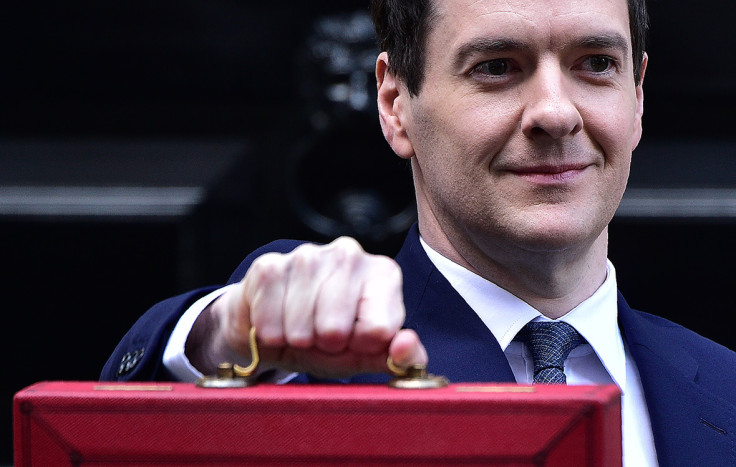UK government borrowing sees marginal decline in May

UK government borrowing fell marginally in May compared with the same month a year before, the Office for National Statistics said on Tuesday (21 June).
Excluding Treasury support for state-owned banks, public borrowing for May came in at £9.7bn ($14.3bn, €12.6bn), down £0.4bn from last year, and lowest on record for the month since May 2007.
The ONS said Treasury receipts from income, corporation taxes and VAT in May were all higher than a year earlier, but that the government's total current expenditure also rose.
Total public sector net debt, excluding banks, stood at £1.61trn for end-May, equating to 83.7% of gross domestic product (GDP).
Chancellor George Osborne, the Treasury and the Bank of England have all warned that the economy has been hit by uncertainty ahead of Thursday's (23 June) referendum on the UK's membership of the European Union.
Howard Archer, chief UK economist at IHS Global Insight, said should the UK vote to leave the EU, the chancellor's fiscal targets and plans would undoubtedly be blown out of the water with a need for major adjustments.
"Indeed, Osborne has stated that he would need to hold an emergency budget to slash public spending and raise taxes in order to meet a £30bn "black hole" that would arise from a vote to leave hitting UK growth.
"Of course, it is highly questionable how long Osborne would remain as chancellor, should there be a vote for the UK to leave the EU. Furthermore, 65 Conservative MPs have already pledged to vote against Osborne's emergency budget should he hold one."
Scott Bowman, economist at Capital Economics, said that the chancellor still "had a long way to go" to meet his projections.
"Admittedly, we would take the figures for the first few months of the fiscal year with a pinch of salt as they are often revised in time due to being largely based on forecast data. And if the UK votes to remain in the EU – as bookmakers' odds still suggest – then GDP growth should rebound in the second half of this year, paving the way for a more rapid improvement in the public finances."
© Copyright IBTimes 2025. All rights reserved.






















